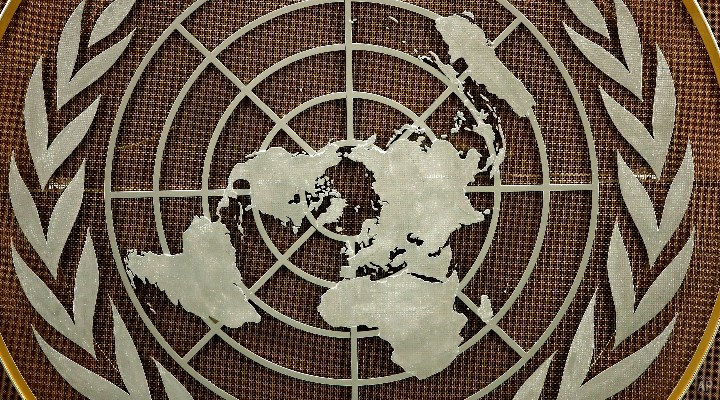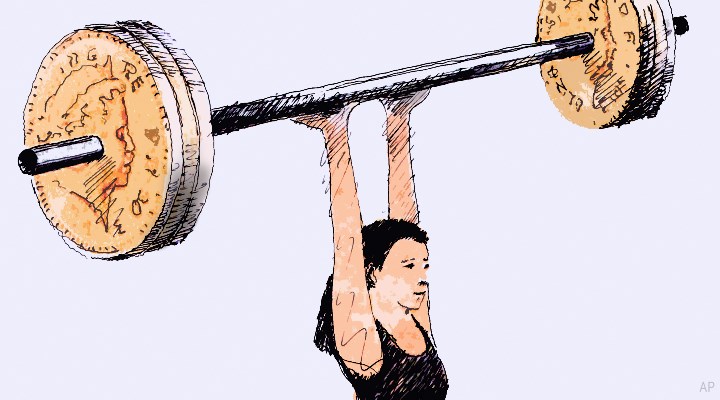
Dr Farah Usmani is the first Muslim woman from India to work with the United Nations International Civil Service at director level in New York, where she is currently based. She is passionate about the empowerment of women, and has 25 years of experience in policy and programming leadership focusing on women and girls at global, regional, and national levels. Of these, she has spent 18 years with the UN, where she traveled and supported missions in over 50 countries. She holds a Master’s degree in Health Policy, Planning and Financing, from the London School of Economics, and is a qualified obstetrician and gynaecologist. In her own words, she narrates her “money journey” and encourages younger women to embrace financial awareness.
My Money Story
Way back in 2007 when I was posted to New York, one of the first issues I had was finding a home. I got hold of a couple of brokers and scouted for apartments near the United Nations’ (UN) headquarters, and the UN School, where my daughter would be transferring for her baccalaureate studies.
Numerous visits to prohibitive rentals for a 2-bedroom apartment forced me to relinquish my inhibition about financial investments and planning. I immediately began to explore and study options.
Having worked with the UN International Civil Service since 2001, I had the option of taking a low-interest mortgage from the UN Federal Credit Union, which I then used to purchase an apartment at my desired location in midtown Manhattan. My calculations, based on that low-interest loan, revealed that my monthly mortgage payment was just slightly higher than the rental. This slightly higher expenditure (along with a down payment) would enable me to own an asset, and not fritter away my money on rent. It was such a wise decision. Today, 15 years down the road, I am on track to be a mortgage-free homeowner. Here's my advice to young women.
DON’T Underplay Your Wisdom
Most women are intuitively smart about money. If you don’t believe that, just look at the wisdom of our mothers and grandmothers. See how savvy they are when it comes to day-to-day decisions on how to spend and save money. Women hunt for the best consumer deals and save up for big expenses such as family weddings or festivals. Demonetisation in India revealed to us once again the secret savings of housewives who stashed cash from their parents and husbands under the mattress.
DON’T Be Afraid to Ask For Help
Despite being savers, too many women are reluctant to focus on the long term and see the big picture.
When it came to my financial journey, I have to candidly admit I did benefit from my Masters at the London School of Economics in Health Policy, Planning and Financing. Having said that, it was my husband who taught me the importance of having a long-term perspective on one’s finances.
Based on his guidance that any money that isn’t earning a return will eventually be depleted due to inflation, and the probability of a myriad of future events that cannot be predicted, I ended up using various capital growth options, including tax-free fixed deposits (known in India as NRE: Non-Resident External).
I am fortunate to have a very supportive husband, but don’t be reluctant to reach out to trustworthy individuals and seek their counsel.
DON’T Embrace Stereotypes
Various studies tell us women are reluctant, unwilling, or unable to accept that they can manage their finances to ensure financial security. Why have women not embraced financial management? Because they have bought into the narrative that has been fed to them.
Women think they need to be good at math, or that it is unfeminine and impersonal to care about finances, and by showing interest in money, others will consider them greedy, shallow and opportunistic.
Nothing could be further from the truth.
Saving, monitoring and caring for money in a way that will help it grow over time empowers women to make better, savvier and informed decisions about their financial future. It helps them cushion blows in life, such as the death of a spouse, divorce, or loss of employment. It enables them plan for a comfortable retirement, and may even be able to provide for their family even after they are gone.
DON’T Tell Yourself You're Selfish
This one-dimensional stereotype propagates the myth that women who care about finances have no room in their lives for anything else. Understanding financial planning and investing will enable you to create opportunities and choices, not only for yourself, but even your loved ones. Through secure long-term deposits, I was able to set up a funding stream for my “giving back” portfolio. I am hopeful my millennial daughter, who is already an investor in Manhattan real estate, and many young women, will continue to deepen their financial engagement, because by doing so they will not only be nurturing themselves but also be in a position to use their privilege to enable others.
Some Hard Global Facts to Ponder
- Data shows that worldwide, 65% of men report having an account at a formal financial institution, but only 58% of women do so;
- Women are more likely to be unemployed than men. The labour force participation rate for women aged 25-54 is 63% compared to 94% for men;
- Women are also paid less than men. The global gender wage gap is estimated to be 23%. This means women earn 77% of what men earn, though these figures understate the real extent of gender pay gaps, particularly in developing countries where informal self-employment is prevalent;
- Women’s economic empowerment is central to realizing women’s rights and gender equality, in addition to boosting productivity, increasing economic diversification and income equality and other positive development outcomes.
It is time to #BreakTheBias.





























